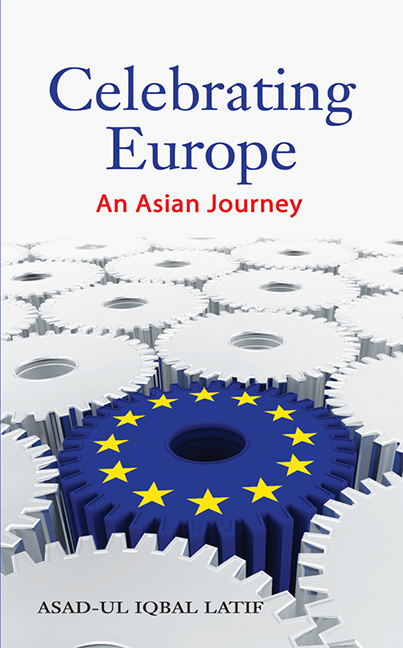Book contents
- Frontmatter
- Dedication
- Contents
- Foreword
- Acknowledgements
- Introduction: Europe
- 1 Europe Abroad
- 2 Gentiles
- 3 The Berlin Wall
- 4 Soviets of the Mind
- 5 The Secular Soul
- 6 The Leopard's Italy
- 7 England
- 8 Champagne France
- 9 Two Bengali Greeks
- 10 The Polish Hospital
- 11 Postmodern Europe
- Bibliography
- Index
- About the Author
4 - Soviets of the Mind
Published online by Cambridge University Press: 21 October 2015
- Frontmatter
- Dedication
- Contents
- Foreword
- Acknowledgements
- Introduction: Europe
- 1 Europe Abroad
- 2 Gentiles
- 3 The Berlin Wall
- 4 Soviets of the Mind
- 5 The Secular Soul
- 6 The Leopard's Italy
- 7 England
- 8 Champagne France
- 9 Two Bengali Greeks
- 10 The Polish Hospital
- 11 Postmodern Europe
- Bibliography
- Index
- About the Author
Summary
Comrade life
— Vladimir MayakovskyAnd yet, and yet, a global event does not mean the same thing everywhere.
Soon after the collapse of the Soviet Union in 1991, two elderly Indians were drowning their sorrows at a street-side tea stall in Calcutta. One of them was despondent and wondered how such a calamity could occur and question the inevitability of socialism. The other, dyspeptic, retorted: “Where does it say in Das Kapital that you and I shall be sitting here today, in this stall next to a running drain, drinking this horrible tea? If this can happen, so can that.” He added: “But if the counter-revolution can occur, so can the next revolution. We are old, but the dialectic is still young.” After all, Zhou Enlai had said, when asked about the impact of the French Revolution: “It's too early to tell.” Had he not? Had not Roland Barthes declared that history is not a good bourgeois?
This elderly Indian was taking the long view of contingency and change, but all optimism was gone. The Soviet Union had been erased from the map. A young Indian, a cousin of a friend of mine, could not handle the catastrophe and developed a mental disorder from which he suffers to this day. The two older comrades knew that they were living and would have to live in a moment of post-communist time — till, they hoped and believed, the ramparts of capital would be breached again at some unsuspected turn of the dialectic. They looked back at Soviet time with a tenderness that was almost physical.
The seven decades of world history that had followed the Bolshevik ascendancy had formed the most ambitious intellectual challenge ever posed to rump Europe. The fall of the Soviet Union represented the destruction of an alternative version of European modernity from within the Enlightenment tradition. “Communism was not a type of oriental despotism, as generations of Western scholars maintained,” Gray writes.
- Type
- Chapter
- Information
- Celebrating EuropeAn Asian Journey, pp. 50 - 57Publisher: ISEAS–Yusof Ishak InstitutePrint publication year: 2012

